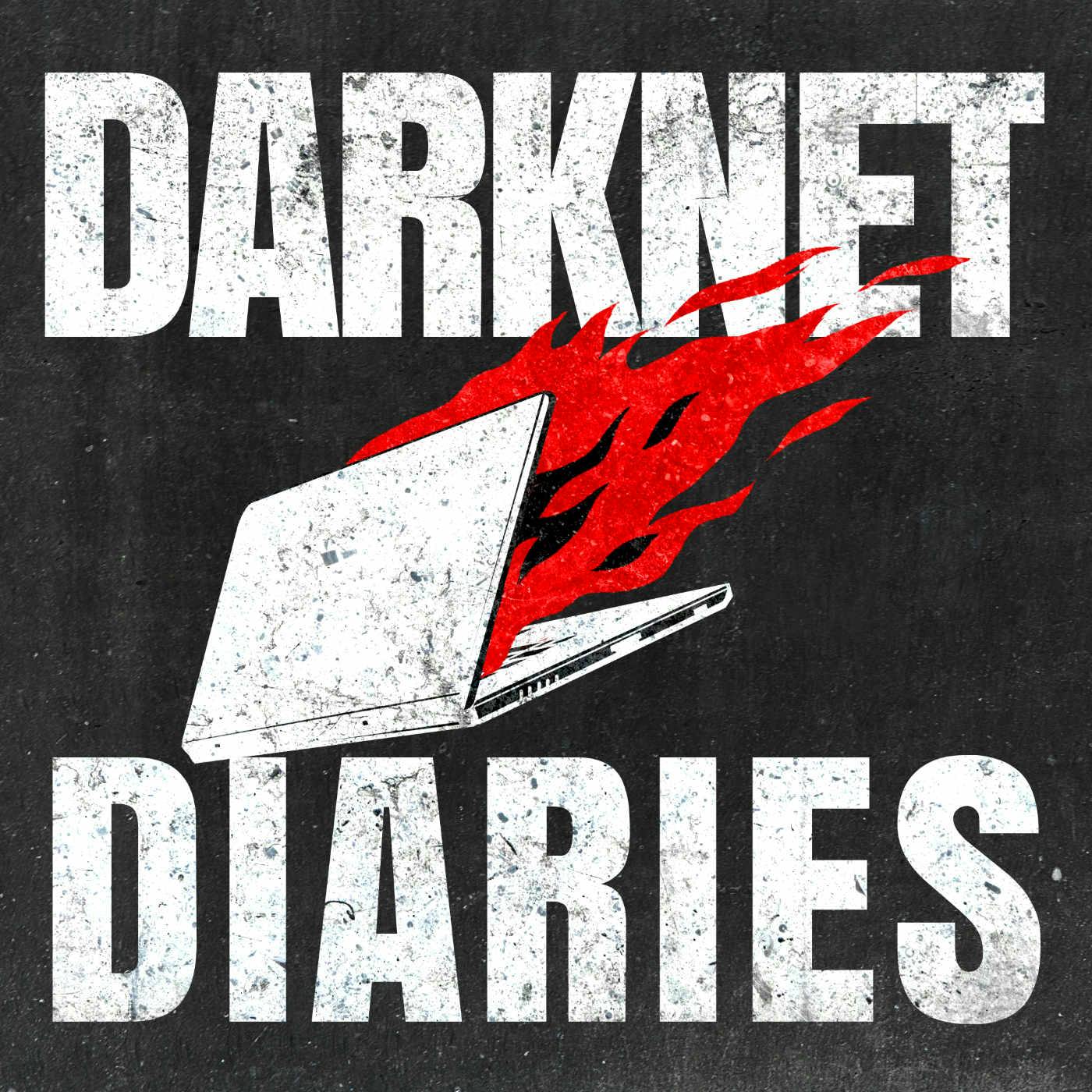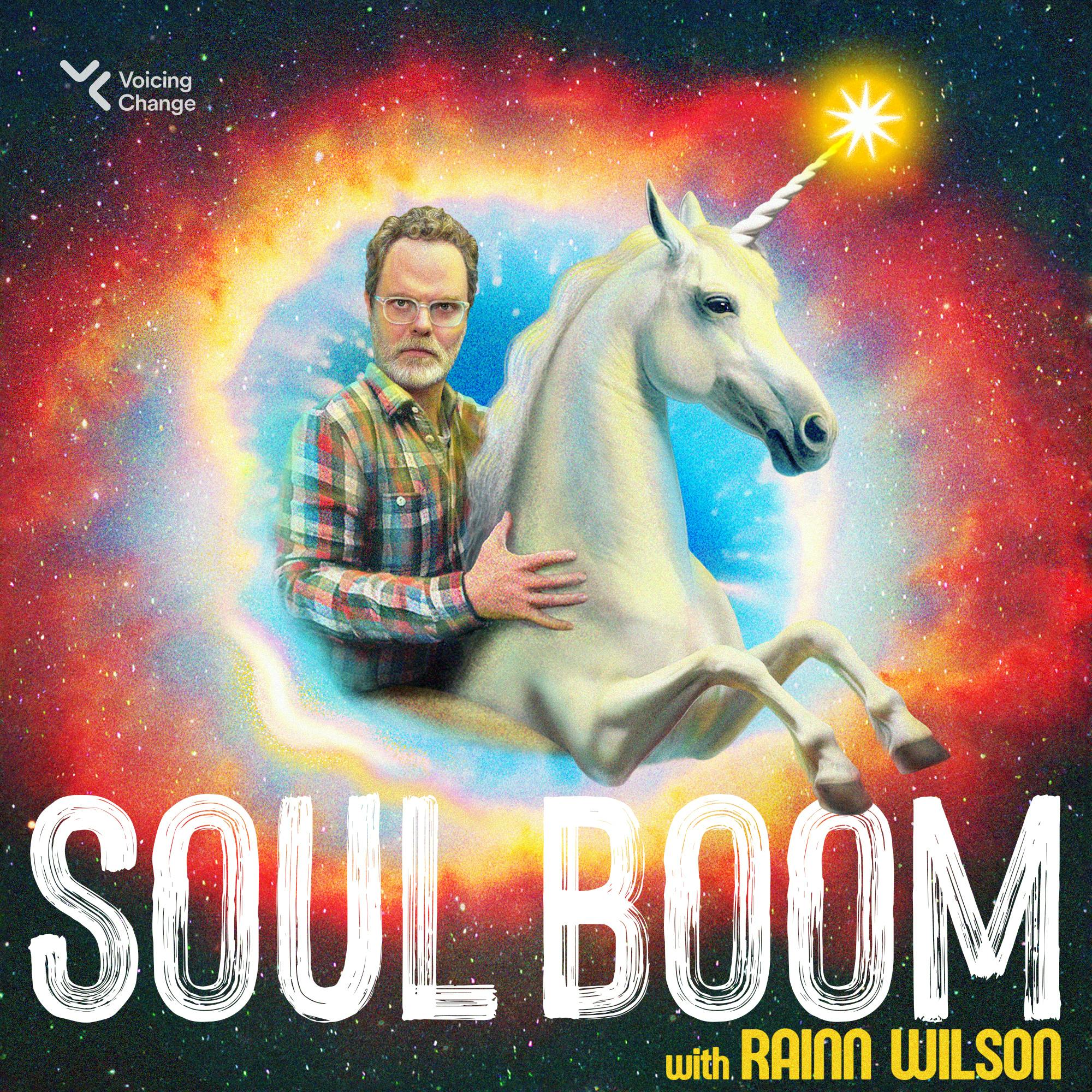
Fully Modulated
I’m Tyler, and I’ve been fascinated by radio since getting my first AM/FM radio as a kid. On Fully Modulated, I dive into the history of radio and television, exploring the stories behind the medium and taking you behind the scenes to see how it all works.
From vintage broadcasts to modern digital signals, we break down the technology and uncover the forgotten moments that shaped how we communicate and entertain. Whether it’s the science of transmission or the creative chaos of production studios, I make the complex stuff easy to understand.
This is an independent podcast, not affiliated with any radio station, television network, or media company.
Tune in for the stories that keep us all fully modulated.
Fully Modulated
Behind the Broadcast: Decoding the Emergency Alert System
Send me a text message with your thoughts, questions, or feedback
Those jarring tones that interrupt your favorite radio and TV programs aren't just annoying interruptions—they represent a complex, life-saving system with a fascinating history and critical importance to public safety. Fully Modulated returns with an ambitious new season dedicated entirely to unpacking the Emergency Alert System.
Your host Tyler brings years of broadcast engineering experience to guide you through this vital yet often misunderstood technology. From its Cold War origins as a defense against potential nuclear threats to its modern digital transformation across multiple platforms, we're examining every aspect of how emergency information reaches you during critical moments. What happens when these systems fail? How have false alarms like the 2018 Hawaii missile alert shaped improvements? Why do those distinctive tones create such a visceral reaction in listeners?
This season offers something for everyone—broadcast professionals will appreciate the technical deep dives, while curious listeners will discover the surprising stories behind a system we encounter regularly but rarely think about. We'll explore how emergency alerts have permeated popular culture, the psychological engineering behind their attention-grabbing design, and what the future holds as climate change increases the frequency of emergency situations requiring mass communication. Subscribe now to Fully Modulated wherever you get your podcasts, and don't forget to leave a review to help others discover the signal behind the story. Your understanding of this crucial technology might just save a life someday—possibly even your own.
Buzzsprout - Podcast Hosting
Podcast hosting made simple. Sign up and we both get $20 credit when you upgrade to paid plans.
If you enjoyed the show, be sure to follow Fully Modulated and leave a rating and review on Apple Podcasts or your favorite podcast app—it really helps more people discover the show.
Fully Modulated is not affiliated with or endorsed by any station, media company, or network. All opinions are solely my own.
If you like what you hear, please like, follow, share and leave a review to help others find us. This is Fully Modulated, the podcast where signal meets story. I'm Tyler, a broadcast engineer with years of experience in the industry, here to take you behind the scenes of the technical world of broadcasting. In this upcoming season, we're diving deep into the emergency alert system the tones, the history, the failures and the future of how we get critical alerts during emergencies.
Speaker 1:Whether you're a broadcast engineer, a curious listener or someone who's ever wondered why that weird tone on the radio stops everything dead in its tracks, this season is going to be for you From Cold War origins to digital transformation and even the unexpected ways pop culture has embraced these signals. Fully Modulated breaks it all down with storytelling, history and a little bit of engineering magic. So get ready to tune in and learn how the system that saves lives really works and what's next on the horizon. Hey, this is Tyler. Don't forget to like, follow, share and review Fully Modulated wherever you get your podcasts, because it helps others find the show. Thanks for listening.
















